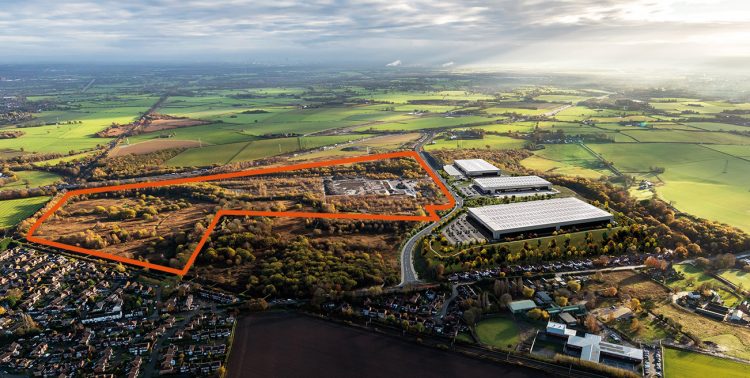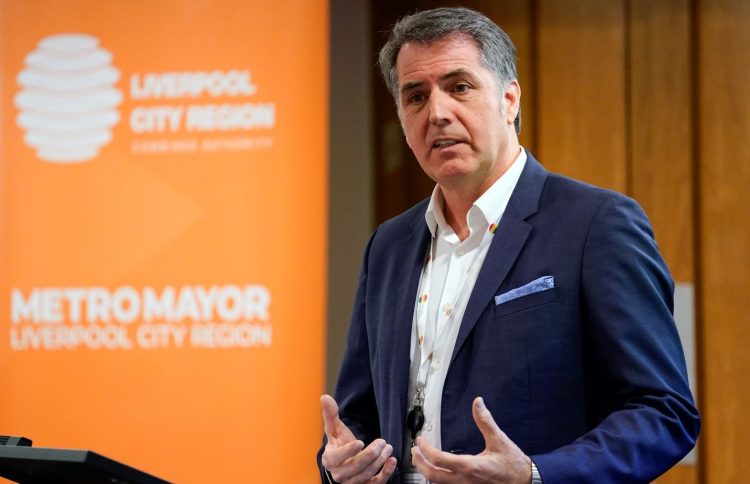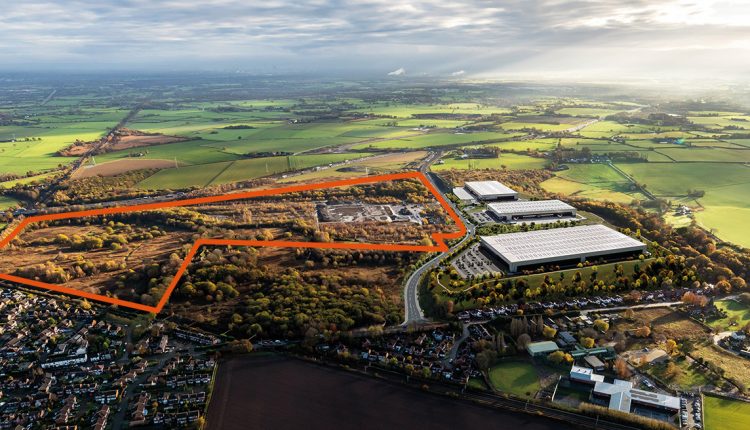An independent report says Liverpool city region’s Freeport and Investment Zone have catapulted it up a league table of attractiveness to overseas investors. Tony McDonough reports

Liverpool city region is now in a prime position to attract more foreign direct investment (FDI) thanks to its Freeport and Investment Zone, an independent report claims.
Law firm Irwin Mitchell and the Centre for Economics and Business Research have looked at the FDI attractiveness of 50 UK locations. They have measured them based on 10 economic indicators which include growth potential, skills and infrastructure.
In this annual league table Liverpool city region was given an overall score of 38.1. This was enough to catapult it up 15 places to 12th. It was the second largest climber.
According to the study, the city region is one of several locations benefitting from its relative distances from Freeport and Investment Zones.
LCR Freeport went live in January 2023 with £25m of Government seed funding. Freeports are designated zones where normal tax and customs rules do not apply.
These can be airports or other hubs as well as maritime ports. At a Freeport, imports can enter with simplified customs documentation and without paying tariffs.
LCR Freeport’s primary customs sites are the Port of Liverpool in Seaforth and at Liverpool John Lennon Airport. It stretches to Port Salford at the other end of the Manchester ship canal.
There are also three tax zones – Wirral Waters, the Parkside scheme in St Helens and the 3MG multi-modal terminal at Widnes. It also encompasses other industrial and logistics sites.
Liverpool city region has also been designated an Investment Zone with a particular focus on the life science sectors in the Knowledge Quarter on the edge of the city centre. This zone has the potential for up to £800m of public and private investment, it is claimed.
This study will be good news for Metro Mayor Steve Rotheram who has pledged to increase FDI into the city region by 30% by 2030. LBN reported last week how the lack of grade A office space in Liverpool city centre was a possible obstacle to that.
“Liverpool’s Freeport status and Investment Zone designation have the potential to significantly boost its economic growth,” said Bryan Bletso, partner and head of international at Irwin Mitchell.
“The Freeport offers tax incentives and simplified customs procedures, attracting businesses and fostering trade.
“Meanwhile, the Investment Zone provides additional support for infrastructure and development projects, further enhancing the city’s appeal to investors and contributing to its rising economic performance.”
In September LBN revealed more than 3m sq ft of new commercial space is being created across the LCR Freeport. A report presented to the Liverpool City Region Combined Authority said 3.17m sq ft of logistics / industrial space is under construction or in the pipeline.
Within the giant 3MG, a multi-modal freight and logistics terminal at Widnes, a 220,000 sq ft unit called Viking Park, has reached practical completion.

Also at xDock site within 3MG, construction is under way on 550,000 sq ft of industrial space, expected to be ready for occupancy by May 2025. The CA report states these two sites combined will generate £2.2m annually in business rates for Halton Council.
At the former Parkside Colliery site close to St Helens, developer Parkside Regeneration has secured full planning consent for 800,000 sq ft of space across three units in a project costing around £80m.
In August Parkside submitted a hybrid planning application for the second phase of its scheme that would see the construction of a further 1.6m sq ft of space. One building alone may comprise 950,000 sq ft.
Figures from the Office for National Statistics report the value of the UK’s FDI position increased by £126.8bn, reaching £2,068bn. London attracted 503 FDI projects, more than the combined number for the North West, the Midlands, North East, and Yorkshire.

